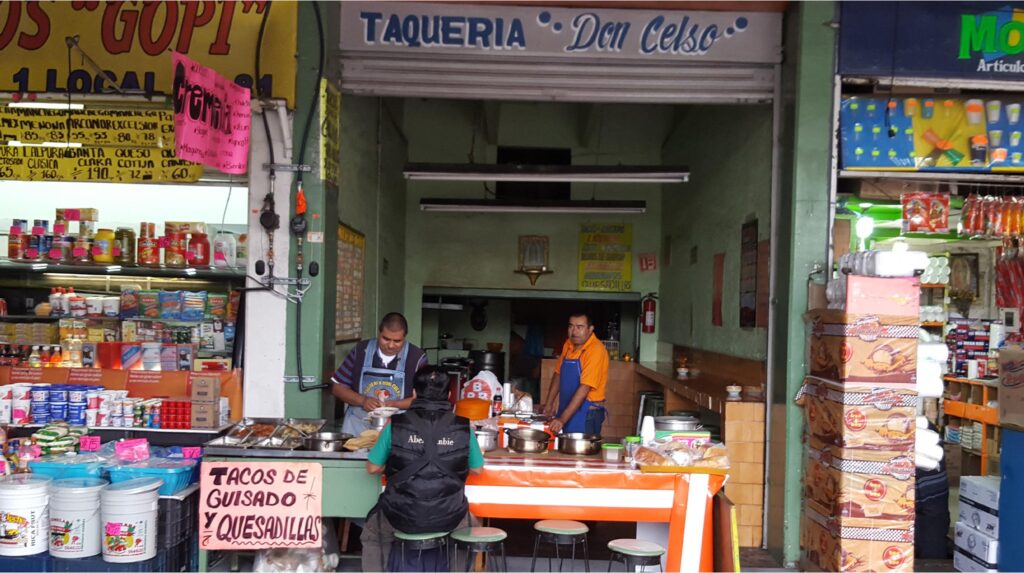Compounding Vulnerability: A Model of Urban Household Food Security
The efficiency of the infrastructure systems in cities will define the extent to which dystopic visions of urban futures become a reality. At the level of the individual household, vulnerability to hazards in cities is defined, in part, by the ability to access essential resources and services. This discussion paper proposes a model to help […]
Compounding Vulnerability: A Model of Urban Household Food Security Read More »

